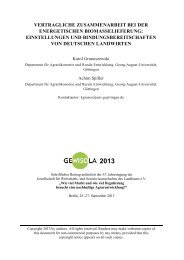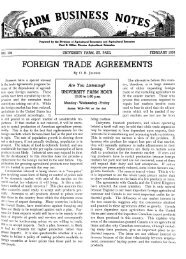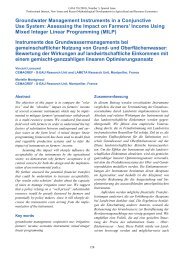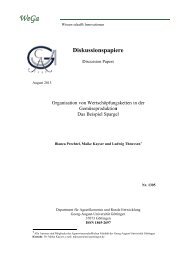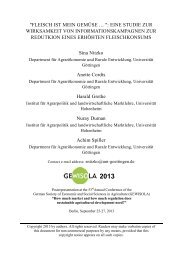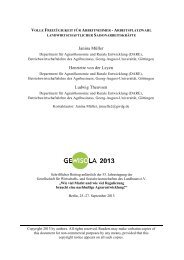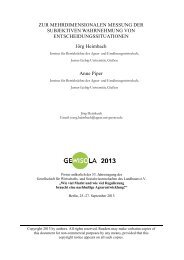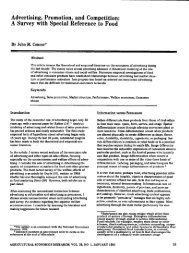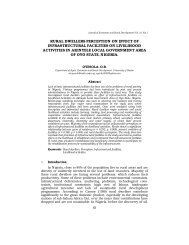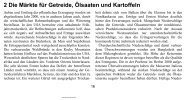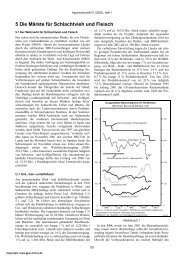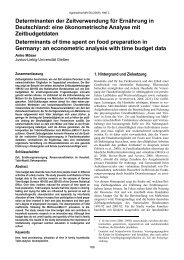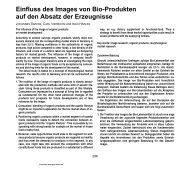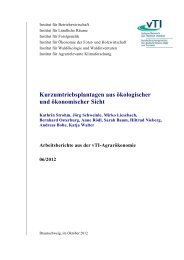- Page 1 and 2:
DFID’s headquarters are located a
- Page 3 and 4:
District Institutes of Education an
- Page 5 and 6:
District Institutes of Education an
- Page 7 and 8:
District Institutes of Education an
- Page 9 and 10:
District Institutes of Education an
- Page 11 and 12:
District Institutes of Education an
- Page 13 and 14:
District Institutes of Education an
- Page 15 and 16:
District Institutes of Education an
- Page 17 and 18:
District Institutes of Education an
- Page 19 and 20:
District Institutes of Education an
- Page 21 and 22:
District Institutes of Education an
- Page 23 and 24:
District Institutes of Education an
- Page 25 and 26:
District Institutes of Education an
- Page 27 and 28:
District Institutes of Education an
- Page 29 and 30:
District Institutes of Education an
- Page 31 and 32:
District Institutes of Education an
- Page 33 and 34:
District Institutes of Education an
- Page 35 and 36:
District Institutes of Education an
- Page 37 and 38:
District Institutes of Education an
- Page 39 and 40:
District Institutes of Education an
- Page 41 and 42:
District Institutes of Education an
- Page 43 and 44:
District Institutes of Education an
- Page 45 and 46:
District Institutes of Education an
- Page 47 and 48:
District Institutes of Education an
- Page 49 and 50:
District Institutes of Education an
- Page 51 and 52:
District Institutes of Education an
- Page 53 and 54:
District Institutes of Education an
- Page 55 and 56:
District Institutes of Education an
- Page 57 and 58:
District Institutes of Education an
- Page 59 and 60:
District Institutes of Education an
- Page 61 and 62:
District Institutes of Education an
- Page 63 and 64:
District Institutes of Education an
- Page 65 and 66:
District Institutes of Education an
- Page 67 and 68:
District Institutes of Education an
- Page 69 and 70:
District Institutes of Education an
- Page 71 and 72:
District Institutes of Education an
- Page 73 and 74:
District Institutes of Education an
- Page 75 and 76:
District Institutes of Education an
- Page 77 and 78:
District Institutes of Education an
- Page 79 and 80:
District Institutes of Education an
- Page 81 and 82:
District Institutes of Education an
- Page 83 and 84:
District Institutes of Education an
- Page 85 and 86:
District Institutes of Education an
- Page 87 and 88:
District Institutes of Education an
- Page 89 and 90:
District Institutes of Education an
- Page 91 and 92:
District Institutes of Education an
- Page 93 and 94:
District Institutes of Education an
- Page 95 and 96:
District Institutes of Education an
- Page 97 and 98:
District Institutes of Education an
- Page 99 and 100:
District Institutes of Education an
- Page 101 and 102:
District Institutes of Education an
- Page 103 and 104:
District Institutes of Education an
- Page 105 and 106:
District Institutes of Education an
- Page 107 and 108:
District Institutes of Education an
- Page 109 and 110:
District Institutes of Education an
- Page 111 and 112: District Institutes of Education an
- Page 113 and 114: District Institutes of Education an
- Page 115 and 116: District Institutes of Education an
- Page 117 and 118: District Institutes of Education an
- Page 119 and 120: District Institutes of Education an
- Page 121 and 122: District Institutes of Education an
- Page 123 and 124: District Institutes of Education an
- Page 125 and 126: District Institutes of Education an
- Page 127 and 128: District Institutes of Education an
- Page 129 and 130: District Institutes of Education an
- Page 131 and 132: District Institutes of Education an
- Page 133 and 134: District Institutes of Education an
- Page 135 and 136: District Institutes of Education an
- Page 137 and 138: District Institutes of Education an
- Page 139 and 140: District Institutes of Education an
- Page 141 and 142: District Institutes of Education an
- Page 143 and 144: District Institutes of Education an
- Page 145 and 146: District Institutes of Education an
- Page 147 and 148: District Institutes of Education an
- Page 149 and 150: District Institutes of Education an
- Page 151 and 152: District Institutes of Education an
- Page 153 and 154: District Institutes of Education an
- Page 155 and 156: District Institutes of Education an
- Page 157 and 158: District Institutes of Education an
- Page 159 and 160: District Institutes of Education an
- Page 161: District Institutes of Education an
- Page 165 and 166: District Institutes of Education an
- Page 167 and 168: District Institutes of Education an
- Page 169 and 170: District Institutes of Education an
- Page 171 and 172: District Institutes of Education an
- Page 173 and 174: District Institutes of Education an
- Page 175 and 176: District Institutes of Education an
- Page 177 and 178: District Institutes of Education an
- Page 179 and 180: District Institutes of Education an
- Page 181 and 182: District Institutes of Education an
- Page 183 and 184: District Institutes of Education an
- Page 185 and 186: District Institutes of Education an
- Page 187 and 188: District Institutes of Education an
- Page 189 and 190: District Institutes of Education an
- Page 191 and 192: District Institutes of Education an
- Page 193 and 194: District Institutes of Education an
- Page 195 and 196: District Institutes of Education an
- Page 197 and 198: District Institutes of Education an
- Page 199 and 200: District Institutes of Education an
- Page 201 and 202: District Institutes of Education an
- Page 203 and 204: District Institutes of Education an
- Page 205 and 206: District Institutes of Education an
- Page 207 and 208: District Institutes of Education an
- Page 209 and 210: District Institutes of Education an
- Page 211 and 212: District Institutes of Education an
- Page 213 and 214:
District Institutes of Education an
- Page 215 and 216:
District Institutes of Education an
- Page 217 and 218:
District Institutes of Education an
- Page 219 and 220:
District Institutes of Education an
- Page 221 and 222:
District Institutes of Education an
- Page 223 and 224:
District Institutes of Education an
- Page 225 and 226:
District Institutes of Education an
- Page 227 and 228:
District Institutes of Education an
- Page 229 and 230:
District Institutes of Education an
- Page 231 and 232:
District Institutes of Education an
- Page 233 and 234:
District Institutes of Education an
- Page 235 and 236:
District Institutes of Education an
- Page 237 and 238:
District Institutes of Education an
- Page 239 and 240:
District Institutes of Education an
- Page 241 and 242:
District Institutes of Education an
- Page 243 and 244:
District Institutes of Education an
- Page 245 and 246:
District Institutes of Education an
- Page 247 and 248:
District Institutes of Education an
- Page 249 and 250:
District Institutes of Education an
- Page 251 and 252:
District Institutes of Education an
- Page 253 and 254:
District Institutes of Education an
- Page 255 and 256:
District Institutes of Education an
- Page 257:
District Institutes of Education an



